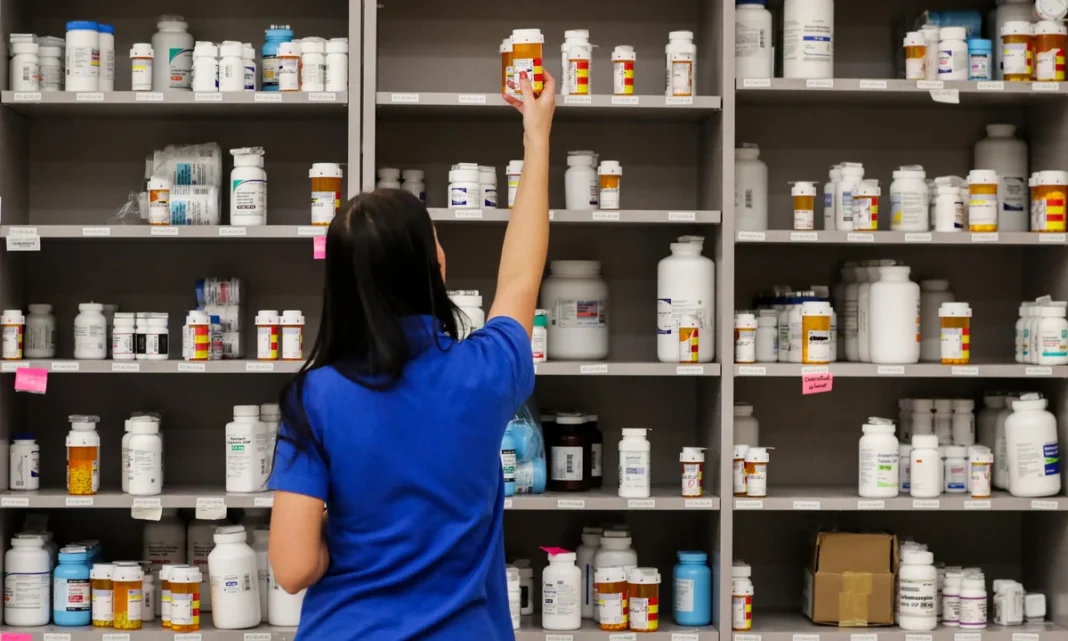The UK government is preparing to raise NHS drug prices by up to 25%. This is in a bid to end a major standoff with pharmaceutical companies and the Donald Trump administration. The move aims to restore investor confidence after several drugmakers froze or cancelled projects in Britain.
The proposed plan would increase the amount the NHS pays for medicines. It would also revise the cost-effectiveness thresholds that determine which drugs qualify for public funding. The change follows months of tense negotiations between UK ministers, drug industry executives, and US officials.
Industry sources said the current dispute has driven companies like AstraZeneca and MSD to scale back their UK operations. They have also redirected funding to the United States. The government hopes that higher payments will help rebuild trust and attract renewed investment in the British life sciences sector.
However, there is disagreement within the government over how to fund the plan. The Department of Health supports the increase. But the Treasury and Downing Street remain hesitant to allocate extra money ahead of next month’s budget.
Under the proposal, the National Institute for Health and Care Excellence (NICE) would raise its cost-effectiveness threshold for new medicines by 25%. The current range of £20,000–£30,000 per quality-adjusted life year has remained unchanged since 1999. The adjustment would make it easier for more expensive treatments to enter the NHS system.
The Association of the British Pharmaceutical Industry has urged the government to go further. It is calling for thresholds of £40,000–£50,000 and automatic inflation indexing. It argues that Britain’s low spending on new medicines—currently 9% of the NHS budget—has made it less competitive than other advanced economies.
Labour’s Health Secretary Wes Streeting previously proposed a deal saving pharmaceutical firms £1 billion over three years. However, companies pushed back, saying they were still due to repay £13.5 billion to the government under existing schemes. They have demanded around £2.5 billion a year in additional support.
Critics have warned the reforms could make healthcare costs spiral. The campaign group Just Treatment described the plan as “deeply troubling,” saying it risks importing “America’s disastrous drug pricing crisis” into the UK.
The government insists the change will allow access to more innovative medicines. This includes obesity treatments and cancer-prevention vaccines, which could save the NHS billions over time.
NHS spending on medicines rose to £20.6 billion last year, up from £19.2 billion the year before. With pharmaceutical tensions high and investments shifting abroad, the outcome of these talks could reshape Britain’s healthcare and drug pricing landscape for years to come.
For more business updates, visit London Pulse News.


